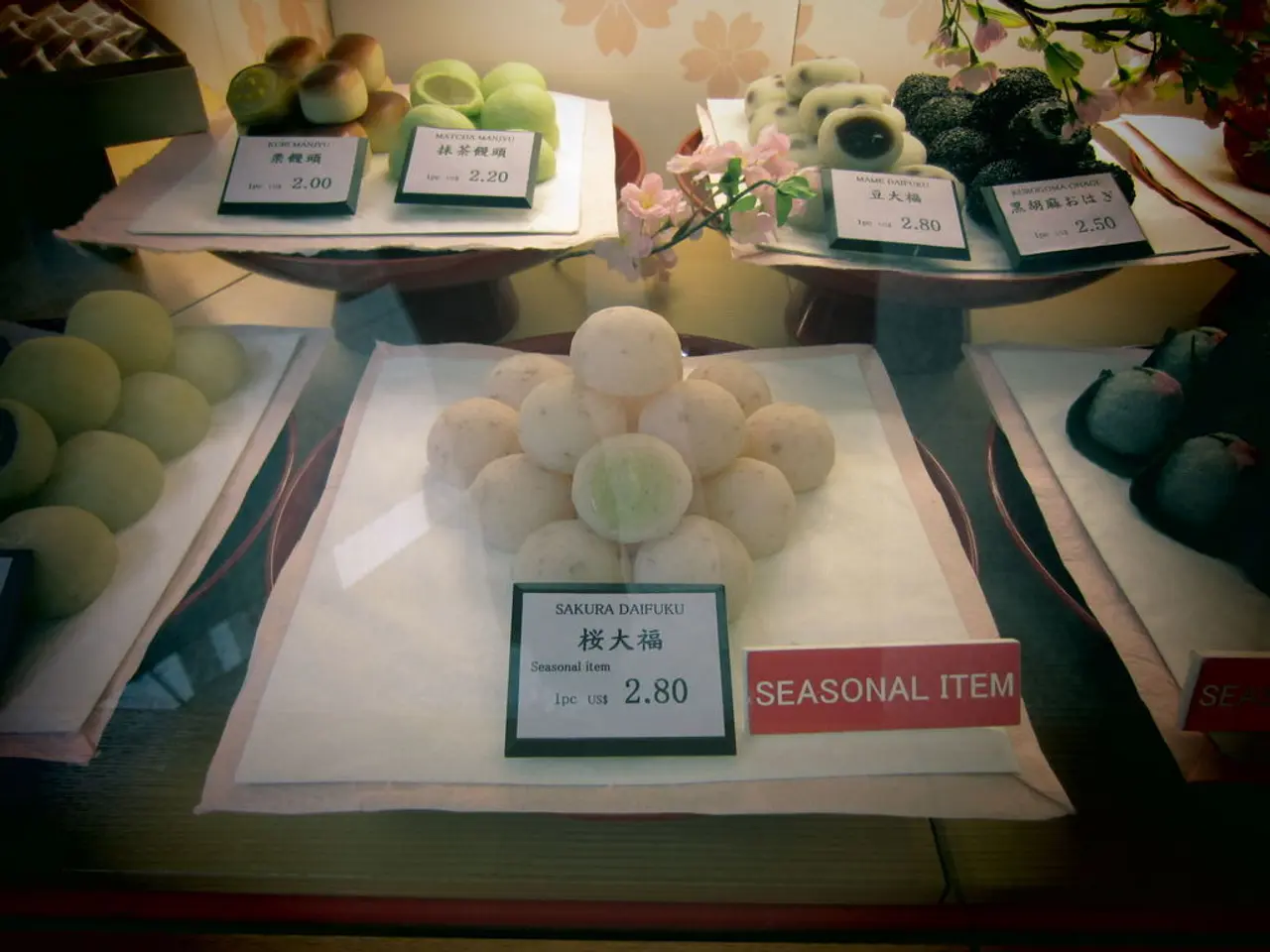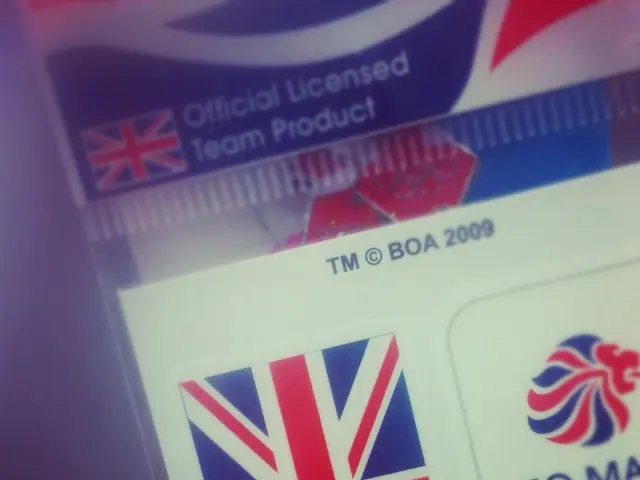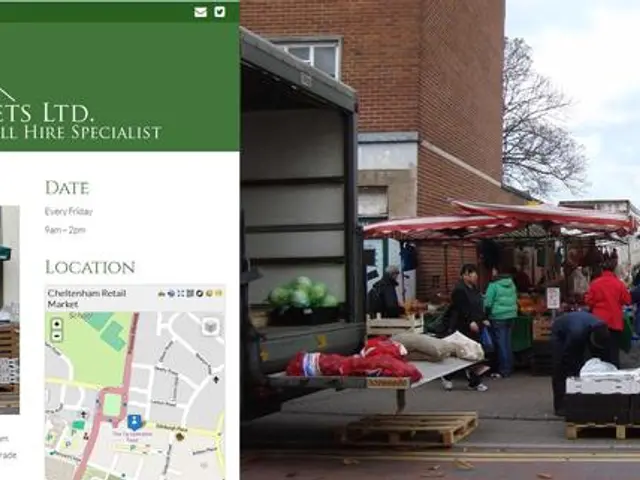Food price fluctuations in Ekaterinburg: a look at the current costs for bread and milk
In the wake of the annexation of Crimea and subsequent geopolitical tensions, Western sanctions were imposed on Russia, leading to significant changes in the retail sector across the country. This article explores the key impacts on hypermarket pricing in the cities of Yekaterinburg and Nizhny Tagil.
Rising Prices for Imported Goods
Many hypermarkets in these cities depend on imported food products, electronics, and luxury items. Sanctions limited imports and increased costs, which were passed on to consumers as higher prices or limited product range.
Currency Depreciation Effect
The Russian ruble weakened significantly after the sanctions, making imports more expensive in ruble terms. This currency pressure drove up retail prices broadly, including in hypermarkets.
Supply Chain Disruptions
Restrictions on Western suppliers caused delays and reduced availability of some products, leading hypermarkets to increase prices or substitute with more expensive local goods.
Increased Reliance on Domestic Products
Over time, hypermarkets increased stocking domestic alternatives, sometimes lowering prices for local products but overall causing mixed pricing effects.
Inflationary Trends
Sanctions contributed to inflationary pressures in Russia that kept retail prices on an upward trajectory from 2014 through the subsequent years.
While exact price changes specific to hypermarkets in Yekaterinburg and Nizhny Tagil require localized economic data, the general trend observed across Russia is significant upward pressure on retail prices, especially in categories dependent on imports. Price volatility has also been influenced by broader economic factors such as energy prices and domestic economic policies.
Price Comparison
A comparison of prices from 2014 and the present day shows that:
- Kefir, which was previously sold for 42.99 rubles, is now sold for 94.99 rubles (bottle size remains 900 ml).
- Dark bread, previously sold for 24.99 rubles, now costs 89.99 rubles per loaf.
- Crab sticks, which were previously available for 49.99 rubles, now cost 234.99 rubles.
- Milk, which was previously 34.99 rubles, is now 94.99 rubles.
No direct data or detailed studies on hypermarket pricing in these cities were found, so these conclusions are based on general economic impacts of Western sanctions on the Russian retail sector since 2014. For precise statistics, Russian regional economic reports or retail pricing indexes would be needed.
Stay Informed
For the latest news updates in Yekaterinburg and Nizhny Tagil, follow the Telegram channels "Yekaterinburg Reading" and "Our Nizhny Tagil". These channels provide real-time news and insights into the economic and social changes in these cities.
- The increase in prices for imported goods, including food, electronics, and luxury items, coupled with currency depreciation, has led to significant changes in the pricing structure of hypermarkets in Yekaterinburg and Nizhny Tagil, with some common items like kefir, dark bread, crab sticks, and milk seeing a drastic increase in cost.
- The sanctions imposed on Russia brought about a shift in focus from imported goods to domestic products in hypermarkets, however, this transition has led to mixed pricing effects, with some local goods becoming cheaper but overall contributing to the inflationary trends observed in the Russian retail sector since 2014.



